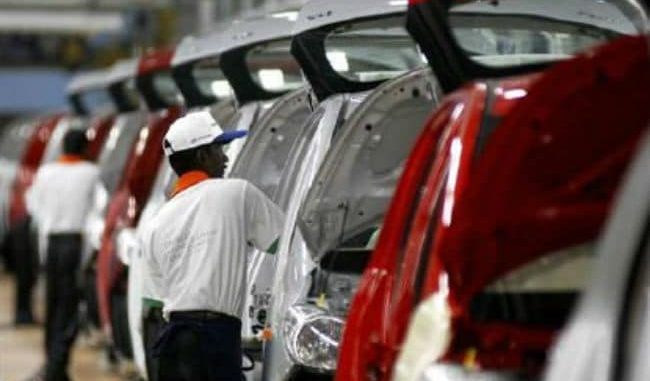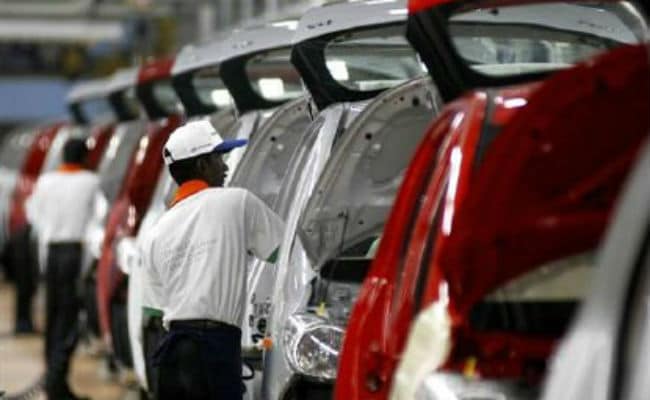

June 2019 has marked one full year of stumbling sales in the Indian auto industry. The passenger vehicle (PV) segment has recorded a slump of 17.54 per cent in June 2019 selling 225,732 units against 273,748 units which were sold a year ago. Sales of passenger cars went down by a whopping 24.07 per cent at 139,628 units as compared to 183,885 units which were sold in June last year. Vans too witnessed a negative growth of 18.70 per cent at 13,187 units against 16,220 units which were sold a year ago. However, the Utility Vehicle (UV) segment was almost flat at -0.99 per cent selling 72,917 units against 73,643 units which were sold in the same month last year.
In the Q1 (April-June) of FY2020, the PV segment recorded a decline of 18.42 per cent selling 712,620 units as compared to 873,490 units sold in the same month last year. Passenger Cars sales went down by 23.32 per cent selling 447,453 units as compared to 583,547 units sold a year ago. Vans segment recorded a de-growth of 25.66 per cent at 40,943 units as compared to 55,078 units sold in the same period last year. In the same quarter, sales in the UV segment went down by 4.53 per cent selling 224,224 units against 234,865 units which were sold a year ago.
The Indian auto industry is on the verge of going through a major transformation with the new emission and safety norms kicking in. This has become a major concern for the Industry body as well. According to SIAM, the auto industry alone has invested about ₹ 80,000 crore for BS6 transition which is likely to start 45 days before the deadline. If the de-growth in the industry continues further, there is a risk of capital blockage and it will be difficult for carmakers to recover the investment along with sustaining margins.

Sales of passenger cars went down by 24.07 per cent at 139,628 units compared to 183,885 units sold in June 2018
Though the support to NBFCs and nationalized banks tackled the problem of liquidity crunch to some extent, the industry was expecting additional support by the means of tax reduction. “We still want the government to reduce GST rates as if the de-growth in the industry will increase further, GST collection will also fall,” said Rajan Wadhera, President- SIAM.
In terms of sales, the auto industry has been on a decline for a year majorly because of the negative customer sentiments and inadequate availability of finance. Customer sentiments have been subdued due to increase in the cost of vehicles after the rise in input cost and one time payment of insurance premium. The cost is expected to increase further given the incoming of new emission norms. That said, SIAM is expecting the sales to marginally recover due to pre buying before the emission norms lock-in.
[“source=ndtv”]
